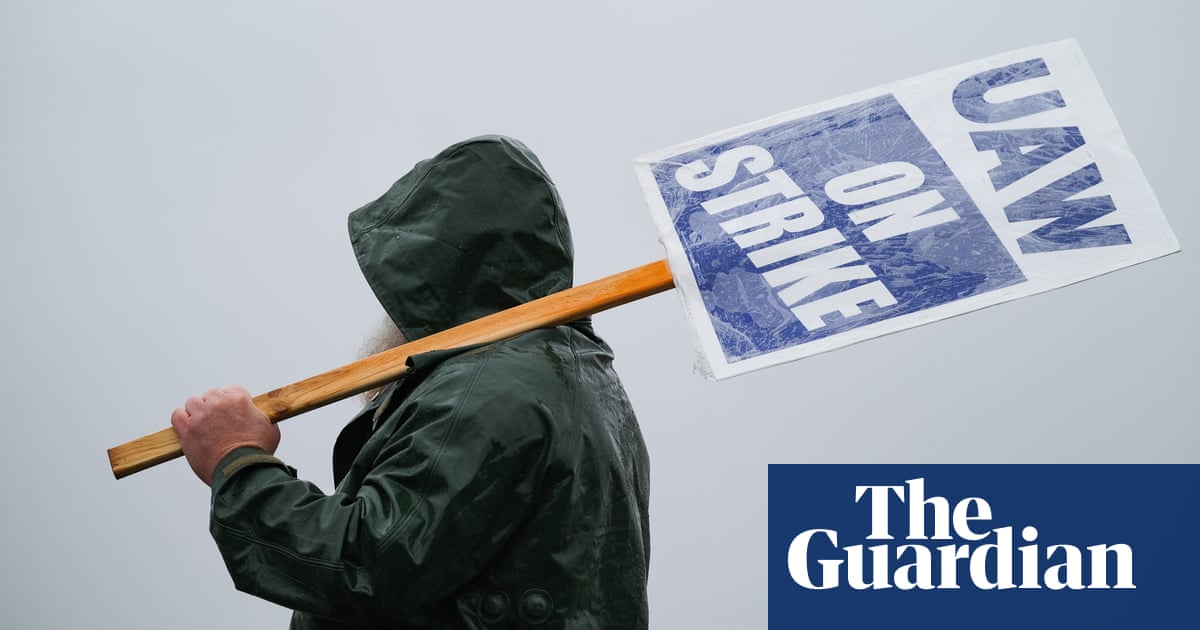Democratshave warned that cuts to the US’s top labor watchdog threaten to render the organization “basically ineffectual” and will be “catastrophic” for workers’ rights.
The so-called “department of government efficiency” (Doge) has targeted the National Labor Relations Board (NLRB) for cuts and ended its leases in several states.
Representatives Bobby Scott, Mark DeSaulnier and Greg Casar have written to NLRB’s chair, Marvin Kaplan, and the acting general counsel, William Cowen, requesting answers on the cuts.
“If the NLRB reduces its workforce and closes a number of regional offices, it will render the NLRB’s enforcement mechanism basically ineffectual, thereby chilling workers from exercising their rights to engage in union organizing and protected concerted activities,” they wrote.
The letter noted the NLRB has already been suffering from drastic understaffing and budget constraints, while caseloads have increased. NLRB field staffing hasdeclinedby one-third in the last decade, while case intake per employee at the agency grew by 46%.
“The harm to America’s workers by potential directives to reduce this independent agency’s workforce cannot be overstated,” the letter added. “Any NLRB reduction in force (RIF) or office closures would be catastrophic for workers’ rights.”
The representatives also requested all information related to Doge’s role at the NLRB, including all communications Doge had with employees at the NLRB or regarding the NLRB with other agencies.
Doge is led by billionaire Trump donorElon Musk. Musk’s SpaceX haschallengedthe constitutionality of the NLRB. A whistleblower at the NLRBtoldNPR earlier this month that Doge accessed sensitive data at the agency and took steps to cover their tracks in doing so.
The National Labor Relations Board Union, representing workers at the agency,reportedlast week that Doge cancelled the NLRB regional office’s lease a year early in Milwaukee, Wisconsin, ending it in August 2025.
In March 2025, Doge terminated the lease for the NLRB regional office in Memphis, Tennessee. In February 2025, Dogeterminatedthe leases for NLRBofficesin Buffalo, New York; Puerto Rico; Los Angeles, California; Overland Park, Kansas; and Birmingham, Alabama.
“The NLRB is an agency that has been starved of funding and resources for over a decade. We have seen massive staffing cuts simply from attrition. There is no need for any austerity measures with our operations; Congress has already done that to us.” the NLRB Unionstatedon social media.
The NLRB declined to comment.
